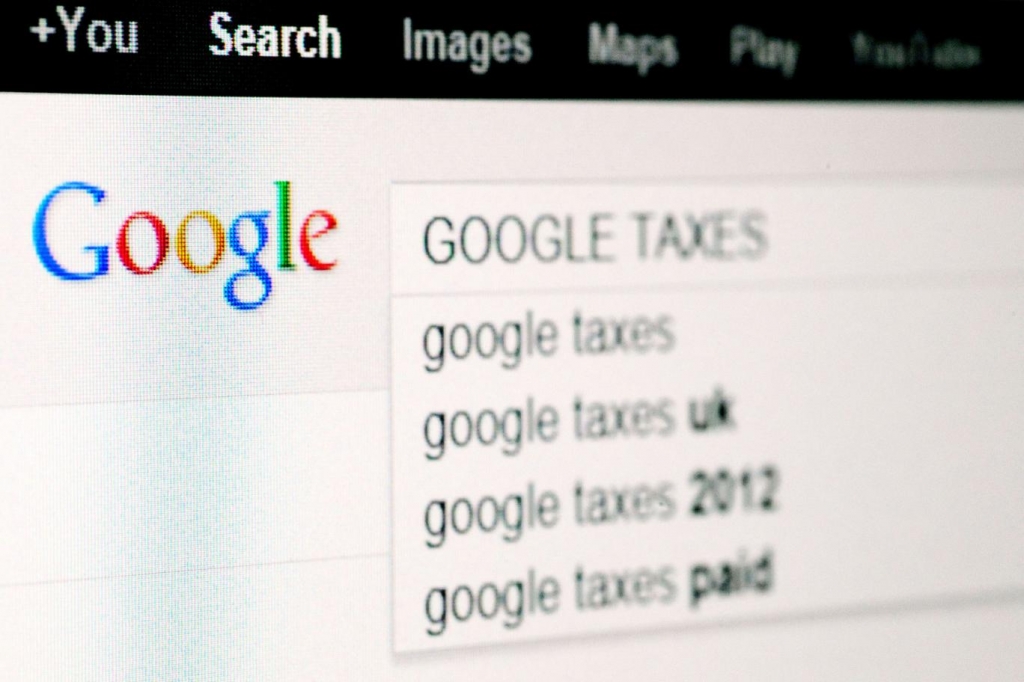Google’s tax deal with Government ‘not a glorious moment’, admits Sajid Javid
A Cabinet minister has conceded that the £130m Google tax deal was not a “glorious moment”, despite Chancellor George Osborne having hailed it as a major success.
The UK tax authorities’ agreement with Google has fuelled a “sense of injustice” that big businesses receive preferential treatment, Javid reportedly said.
Labour leader Jeremy Corbyn has already challenged Prime Minister David Cameron to defend the deal, and the party has called for an investigation by the National Audit Office, while the Parliamentary Public Accounts Committee (PAC) has said it will investigate the arrangement.
“The reputational damage to Google, I think, is huge”, he said, and suggested the “saving they have made in tax is not worth the reputation damage they have had”.
The agreement between Google and HMRC has sparked a fierce political row, with critics labelling it a “sweetheart deal”.
Javid also said in a Bloomberg report that when people look at these issues they may see it as a very unglorious moment but it gets them talking about what the government is doing.
However, Mr Javid insisted the deal was a success.
The Sun article says, “Tech giant Google is funnelling an estimated £8billion of profits a year through a nondescript postbox in Bermuda”. “It’s clear to me that when other companies look at this and they see that HMRC, no matter how long it takes, will not give up, they will come after you if they feel you’re not paying your fair share in taxes”.
In response, Google’s Vice President of Communications, Peter Barron, wrote in the Financial Times that Google had paid all taxes at the standard 20% rate.
Google boss Mr Barron defended his firm’s deal, saying tax was based on “where economic activity happens” and “the bulk of that economic activity happens in the United States”.
“I must admit I read that in the course of the week and I smiled”, he said.
Google has been under pressure in recent years over its practice of channeling most profits from European clients through Ireland to Bermuda, where it pays no tax on them.








